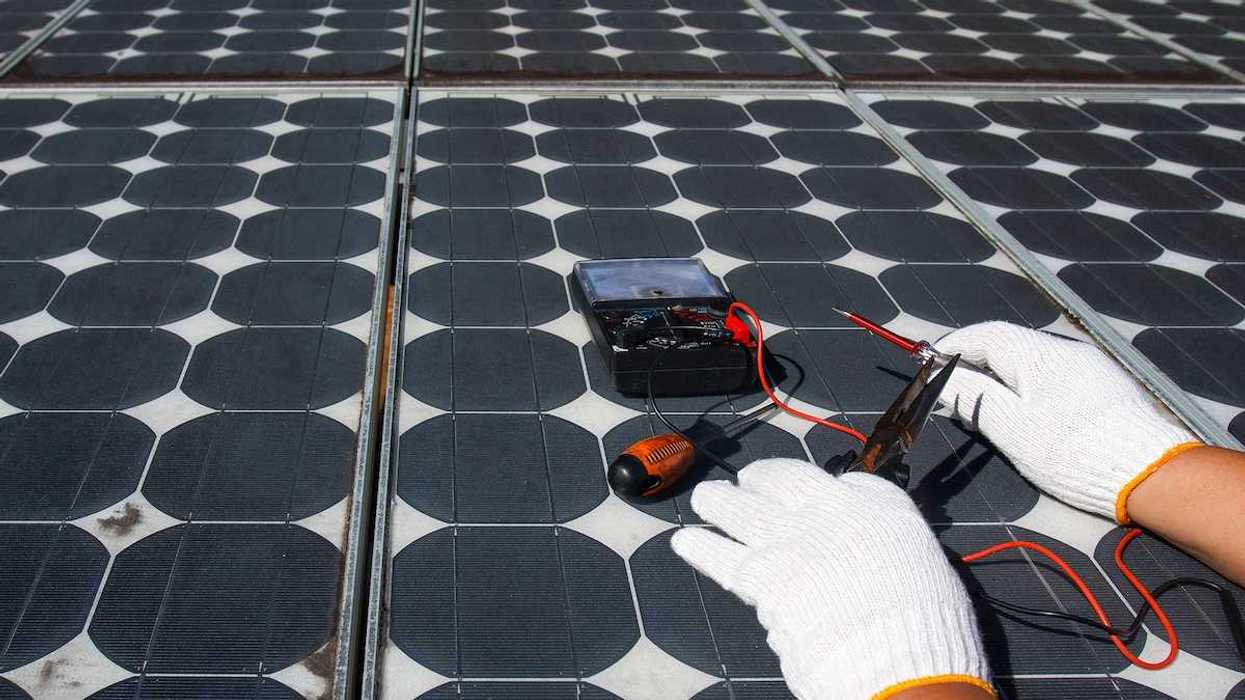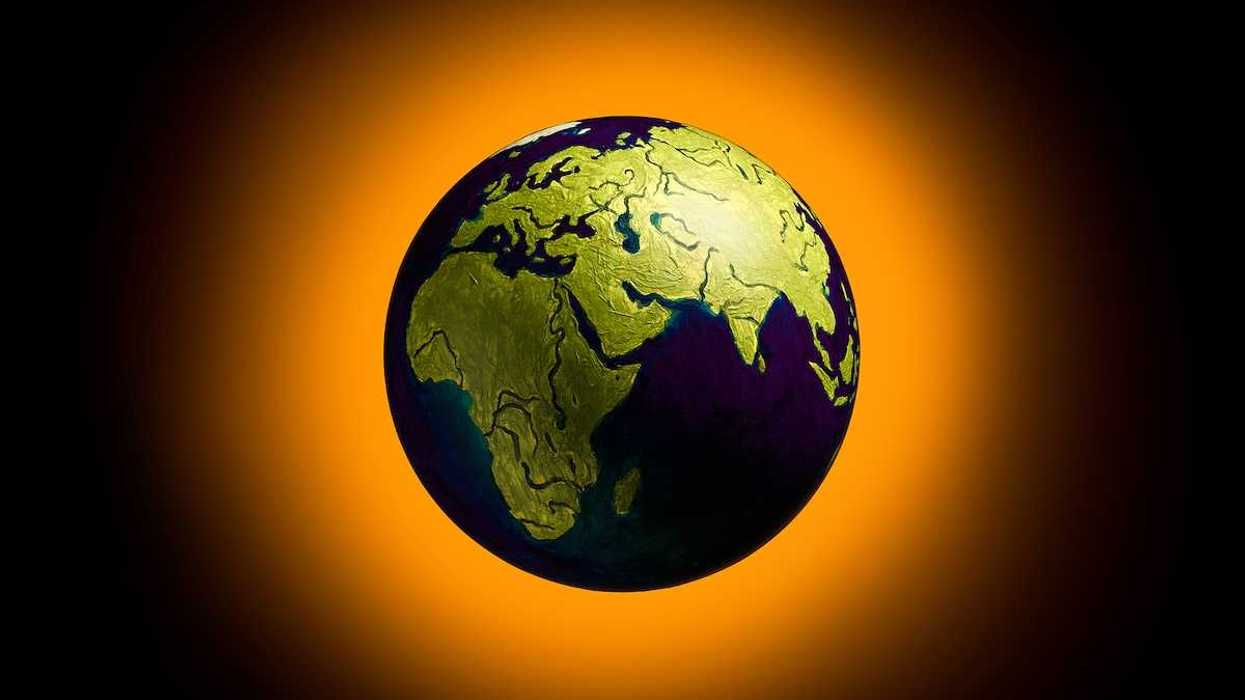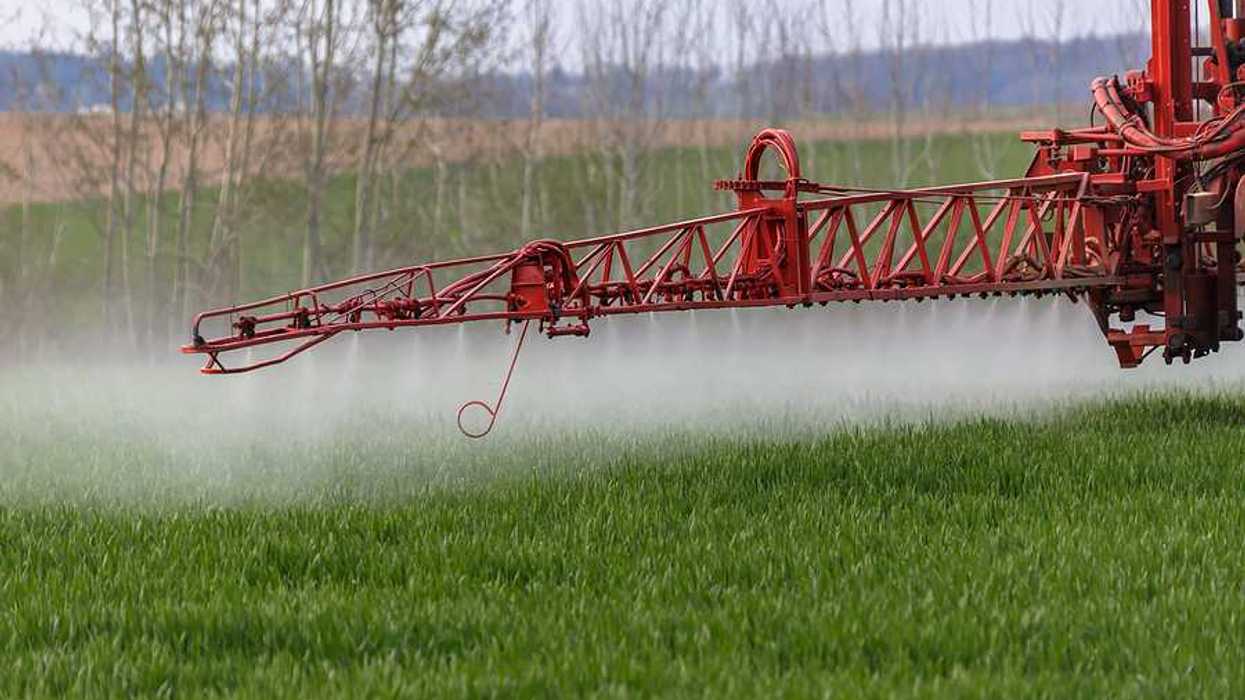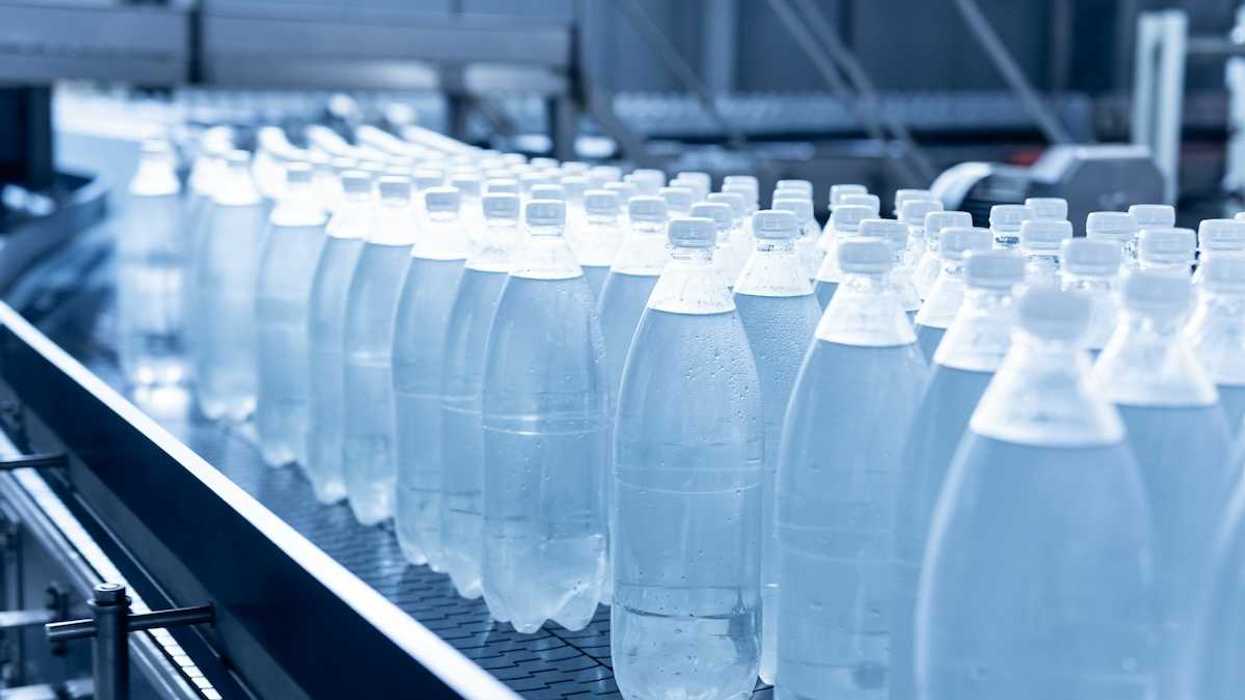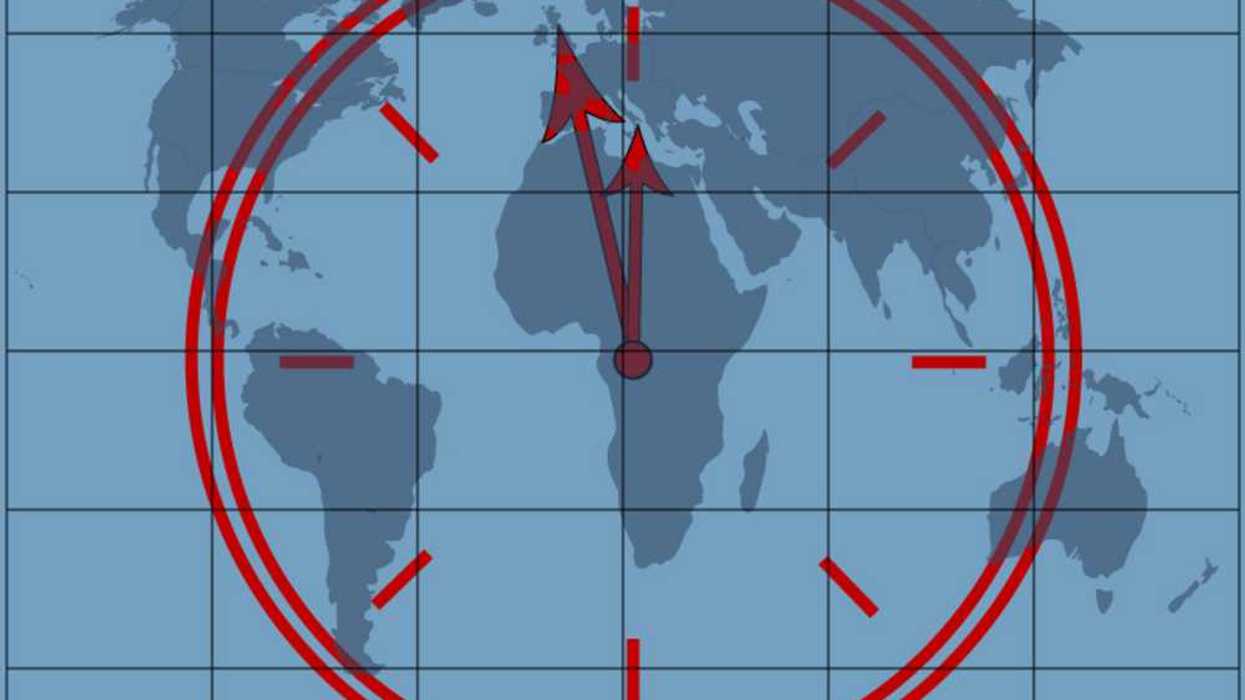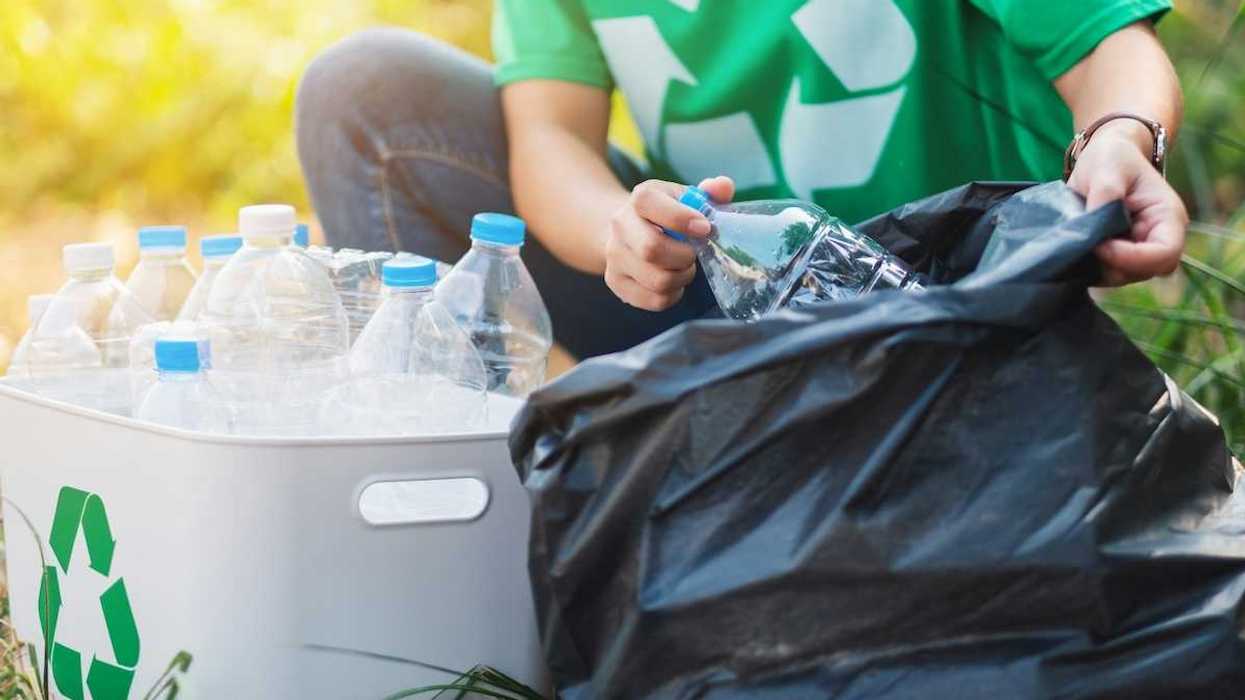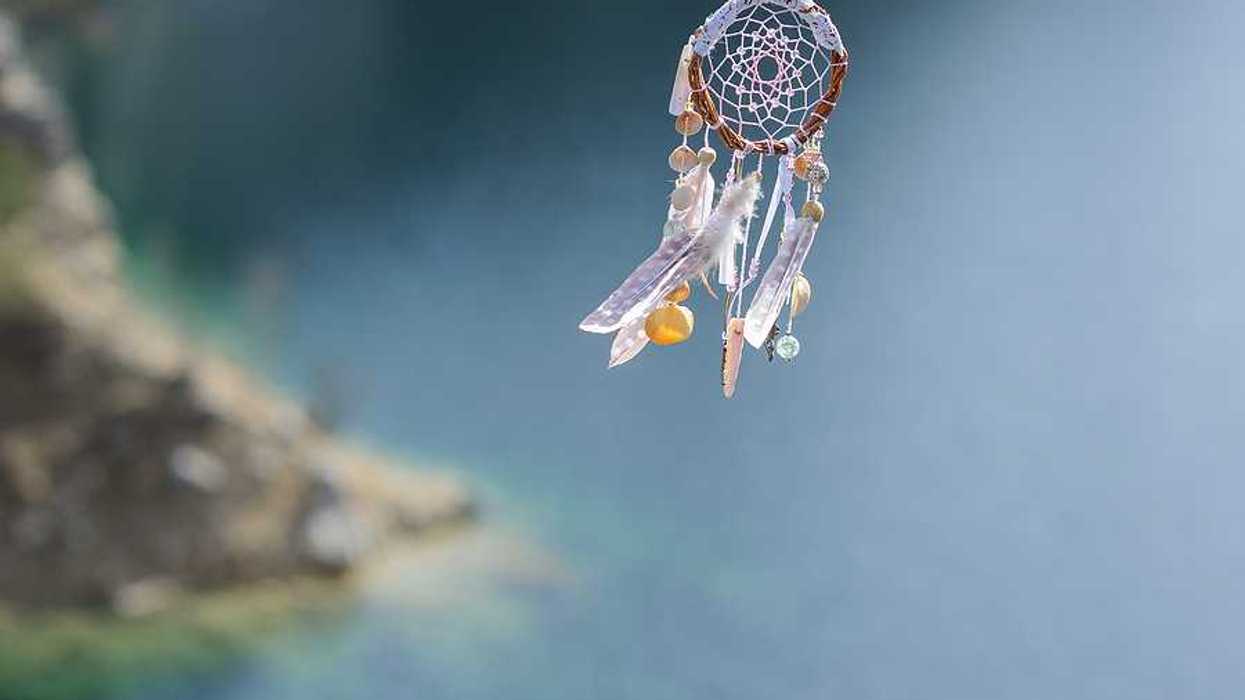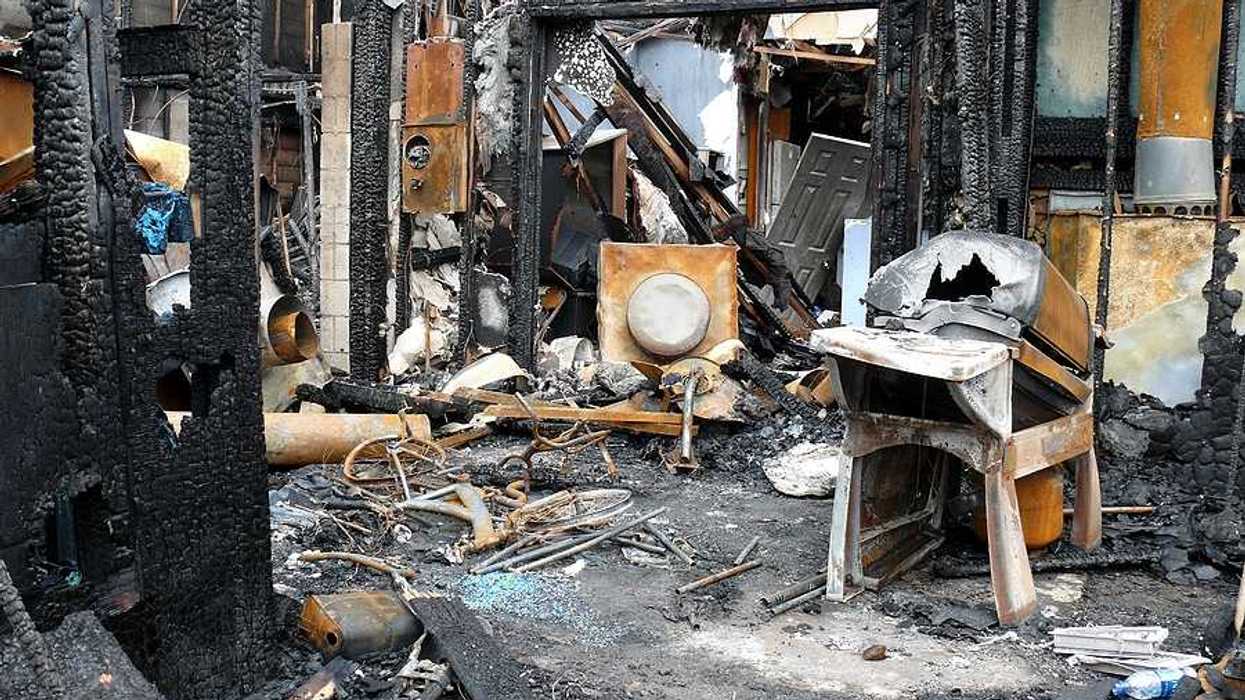The Pacific Ocean harbors widespread plastic pollution that exceeds known waste areas, posing a significant threat to marine ecosystems.
Jess Thomson reports for Newsweek.
In short:
- A new study reveals that microplastics and plastic waste are not just confined to known garbage patches but are also abundant in remote marine protected zones.
- Despite areas with predicted lower plastic concentrations, researchers found surprisingly high amounts of microplastics, indicating a broader distribution across the ocean.
- The findings highlight the challenge of removing plastics from the ocean, given their extensive dispersion and the risk of harming marine life during the cleanup process.
Key quote:
"Every year, millions of tons of plastics end up in the ocean via rivers and wind as well as from shipping and fishing—and it remains there."
— Annika Jahnke, study author and environmental chemistry professor at the Helmholtz Centre for Environmental Research
Why this matters:
These tiny plastic fragments, measuring less than five millimeters in length, originate from a variety of sources, including larger plastic debris that degrades into smaller pieces, as well as microbeads found in personal care products and synthetic fibers shed by clothing.
Once in the ocean, microplastics are ingested by a wide range of marine organisms, from plankton to larger marine mammals, often with detrimental effects.
Be sure to read our ocean plastic pollution guide as well.


